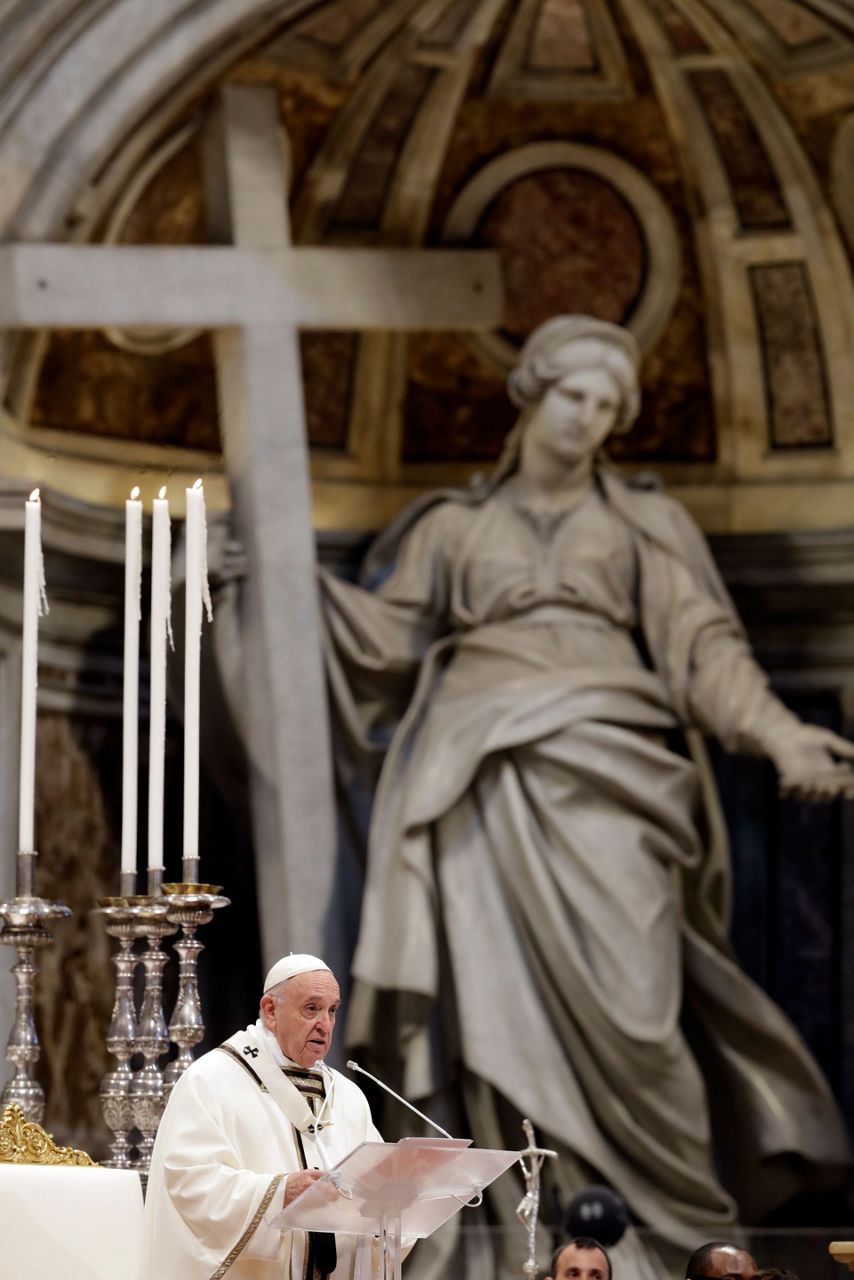Pope Francis has become a symbol of humility and service through his actions, particularly during the Holy Thursday foot-washing ritual. His decision to include women and marginalized groups in this sacred ceremony has sparked both admiration and debate within the Catholic Church and beyond. By breaking with centuries-old traditions, Pope Francis continues to emphasize the importance of inclusivity and compassion.
This gesture, which echoes Jesus Christ's act of washing the feet of his disciples, serves as a powerful reminder of the values of humility and servitude that lie at the heart of Christianity. Through these acts, Pope Francis invites believers and non-believers alike to reflect on their own capacity for empathy and service to others. In doing so, he challenges societal norms and calls for a more inclusive and compassionate world.
Breaking Tradition: Pope Francis and the Foot-Washing Ceremony
Pope Francis made history by including women in the Holy Thursday foot-washing ritual, an act that took many by surprise. Traditionally, only men participated in this ceremony, symbolizing the washing of the feet of Jesus' disciples. However, Pope Francis chose to incorporate women into the rite, reflecting a broader vision of inclusivity and equality within the Church. This decision aligns with the progressive reforms initiated since Vatican II, where communities have embraced the practice of washing the feet of both men and women, regardless of age or background.
The inclusion of women in this sacred ritual underscores Pope Francis' commitment to modernizing the Church while staying true to its core values. It signifies a shift towards recognizing the contributions and roles of women in religious practices. By performing this act, Pope Francis not only honors the tradition but also reinterprets it in a way that resonates with contemporary audiences, emphasizing the universal message of love and service.
Many Catholics who have witnessed or participated in similar ceremonies in their parishes express little surprise at this development. For them, the foot-washing ritual is about celebrating the diversity of the community and reinforcing the idea that all are equal before God. This practice encourages individuals to look beyond traditional boundaries and embrace a more inclusive approach to faith and worship.
A Gesture of Humility: Pope Francis at the Prison
In a poignant display of humility, Pope Francis conducted the foot-washing ceremony at a Rome prison, further extending the reach of his message. During this Holy Thursday ritual, he washed the feet of 12 women inmates, symbolizing his dedication to serving those often overlooked by society. The pope's choice of venue highlights his commitment to reaching out to marginalized communities and advocating for their dignity and rights.
This act of humility was particularly impactful as Pope Francis performed the ritual from his wheelchair, adding a layer of vulnerability and authenticity to the ceremony. Many of the women were moved to tears, illustrating the profound emotional connection that such gestures can create. By kneeling before them and washing their feet, Pope Francis demonstrated the essence of Christian service—placing oneself in a position of servitude to uplift others.
Through this ritual, Pope Francis conveyed a powerful message about the importance of compassion and understanding. He reminded the world that everyone deserves respect and care, regardless of their circumstances. This gesture serves as a call to action for individuals and institutions to adopt a more empathetic approach towards those who are incarcerated or marginalized, promoting healing and reconciliation.
Uniting Through Service: Pope Francis' Vision
Pope Francis' act of washing the feet of war-torn migrants and prisoners exemplifies his vision of unity and compassion. By embracing the most vulnerable members of society, he challenges us to confront our fears and biases, urging us to see the humanity in everyone. Feet, often considered lowly and unclean, become a metaphor for the parts of ourselves and others that we might otherwise neglect or reject.
In washing each other's feet, we acknowledge the inherent dignity of every person and commit to caring for one another fully. This act transcends cultural and religious boundaries, inviting people from all walks of life to participate in a shared mission of service and solidarity. Pope Francis' example inspires individuals to extend kindness and support to those affected by war, displacement, and hardship, fostering a sense of global community.
As the world grapples with increasing divisions and conflicts, Pope Francis' foot-washing ritual offers a beacon of hope and unity. It reminds us that true peace and harmony arise from acts of humility and service. By following his lead, we can contribute to building a more compassionate and interconnected world, where everyone feels valued and respected.

